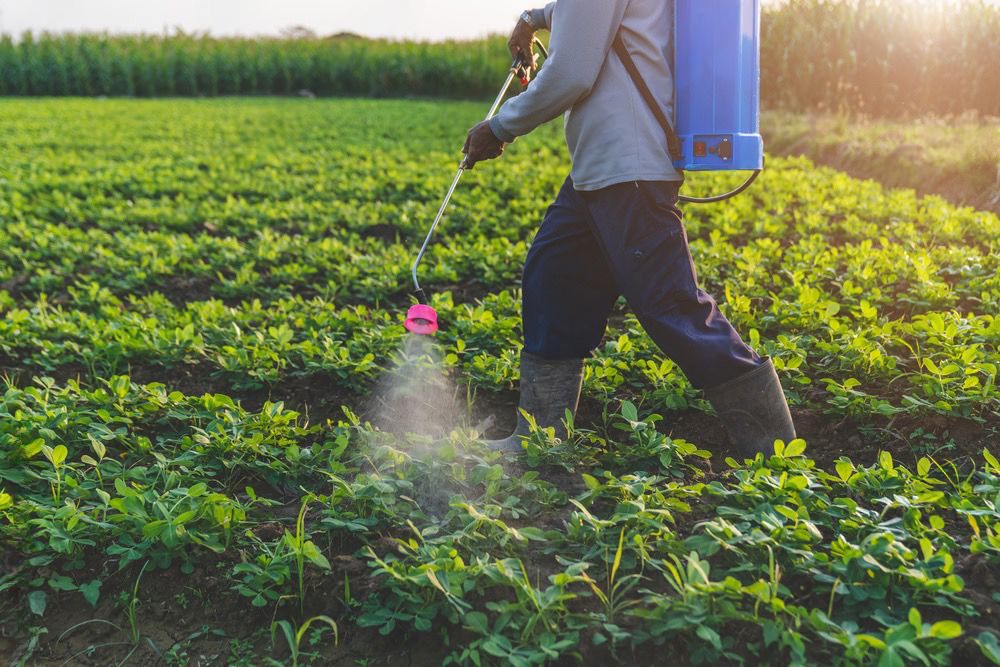Environmental experts, public health specialists, and agricultural officers are calling on the government of Uganda to urgently ban the importation and circulation of highly hazardous pesticides (HHPs), warning that their continued use poses severe risks to human health, ecosystems, and the livelihoods of smallholder farmers.
HHPs—linked to cancer, reproductive disorders, endocrine disruption, and DNA mutations—remain widely used in Uganda’s agricultural sector despite mounting scientific evidence of their dangers. Specialists caution that the impact of these chemicals stretches far beyond individual farms, compromising food safety, water sources, and long-term soil productivity across the country.
Lira City environment officer Leonard Otika noted that while pesticides play a role in protecting crops, their prolonged or improper use causes profound harm to the very ecosystems agriculture depends on.
“These chemicals help farmers maintain plant health, but they come with serious side effects. Excessive use degrades soil by killing organisms essential for soil formation and structure, eventually leading to infertility,” he said.
Otika added that pesticide runoff—often washed away by rain—contaminates streams, wetlands, and other water bodies, putting aquatic life and human health at risk. Many communities rely on these same water sources for domestic and commercial use.
The Uganda National Bureau of Standards (UNBS) regulates the types of pesticides permitted for import and sale. Government-certified laboratories routinely test horticultural produce, including tomatoes and cabbages, to assess whether chemical residues exceed safe limits.
“UNBS reports guide both the public and policymakers on what is acceptable,” Otika said.
He also warned that farmers cultivating crops such as onions face heightened risks if they fail to use proper protective equipment.
In Kole District, agricultural officer Maclean Otim expressed concern over the rising levels of pesticide residues in food, which he said are contributing to increasing cancer cases nationwide.
“While pesticides may boost short-term plant growth, they also damage soil, cause erosion, and kill organisms essential for fertility. Earthworms and termites are wiped out, leaving the soil barren,” he said.
Public health specialist James Awanyo explained that exposure to HHPs can occur through food consumption, contaminated water, direct occupational contact, or close proximity to farms using the chemicals. Short-term exposure may trigger nausea, dizziness, skin irritation, and abdominal pain.
“Acute poisoning can quickly become a medical emergency,” he said.
Environmental advocates also highlight a troubling trend: Africa has increasingly become a dumping ground for more than 200 pesticides banned in the European Union, according to the Participatory Ecological Land Use Management Association.
Nutritionist Bernard Bwambale reiterated earlier warnings that toxic pesticides are contributing to cancer, infertility, and miscarriages. He urged the Ministry of Agriculture to strengthen farmer training programs and expand support for sustainable, eco-friendly farming practices.
As pressure mounts from experts across multiple fields, stakeholders are calling for a swift government response to protect public health, safeguard Uganda’s ecosystems, and promote resilient, sustainable agriculture for future generations.


